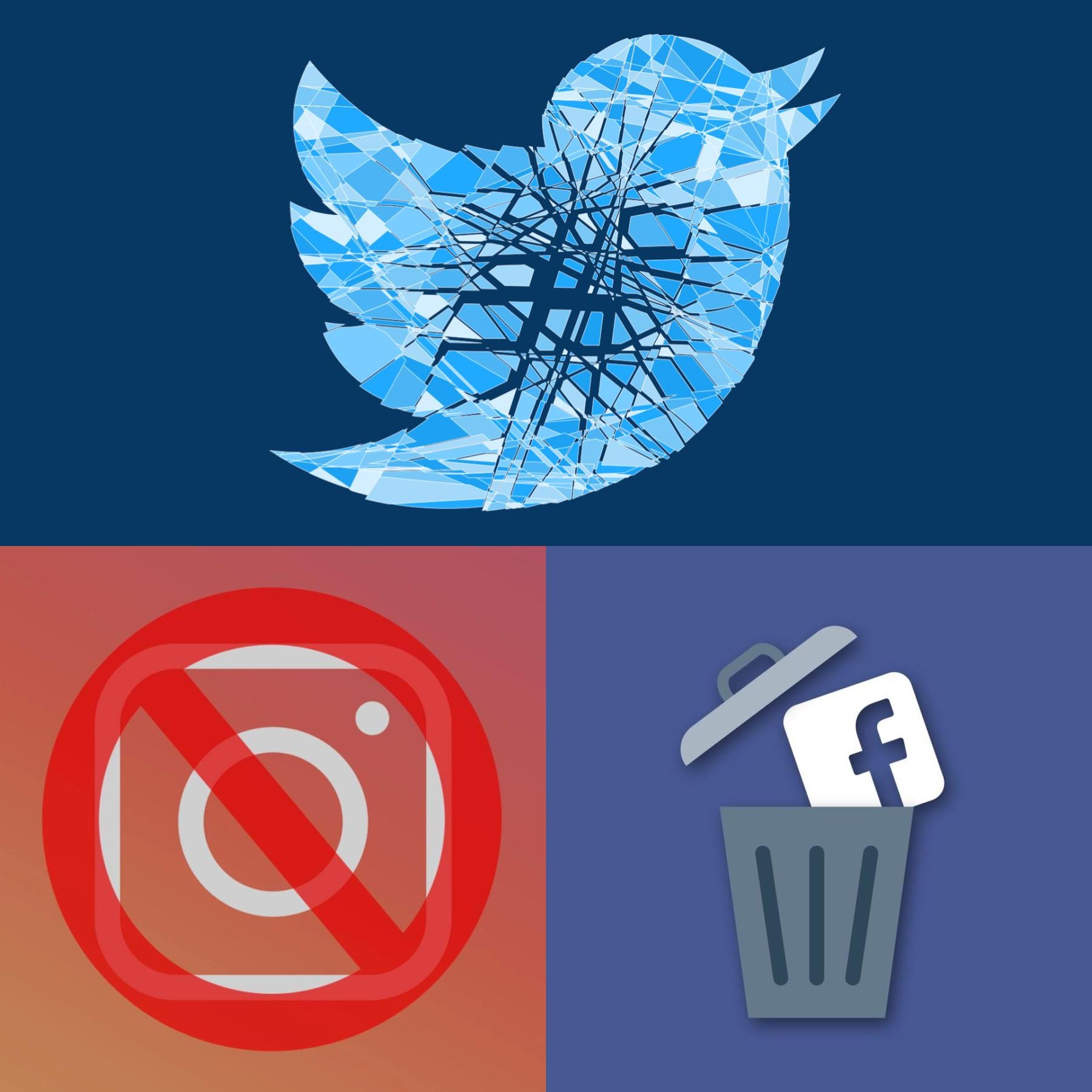Why are we living an internet without intent?
The “modern” Web, especially when served via our phones and social media, makes it too easy to live without intent. Hour after hour. Days at a time. Cumulatively months even. Maybe for years. While most of us have a job, family, and friends, how much of our daily time and activities are truly with, for, and from the self? Are our goals and convictions our own?
The trouble is this may not be a problem that can be solved at an individual level. It’s not fair to say that people are using the internet wrongly. That “if only we utilize social media in sensible ways, it’s a force for good.” Even when we do use the digital socials “sensibly”, we let the faceless algorithms decide what we say and how so.
When global conglomerates hire fleets of smart people whose entire collective job is to exploit deep-rooted psychological behaviors from our evolution, a lone human is powerless and vulnerable. How can a single human in its most organic form live with true purpose every single day when an entire economy is built to keep grabbing attention? And so, that seduces even the best of us.
So what we did instead is disguise these demons in indulgent names: binge watching, the attention economy, doom scrolling, and so on. Back when we intertwined more of the world with the Internet like never before, we thought we’d work to surface signals that enhance our connections and pursuits. What we’ve gotten much more of instead is an unparalleled noise surge.
Take the example of the like button. It single-handedly spams over a billion people every single day, incessantly reducing attention spans with interlocked streams of instant gratification. The like button amounts to nearly no conversations but those in our heads. An indulgent way for us to feel we did something without doing anything. Well, other than feeding the algorithm to drive more siloes and ads.
To become yet another tool for mass manipulation was not the Internet’s promise. It’s certainly not its only potential. Social media dominating consumption on the Web is proof that technology doesn’t automatically get better with time. This is why we should gauge and question the intents of builders, creators, and influencers whose tools we use and words we consume. It’s to this end that I found Nitin Pai’s article on threats of social media interesting. Below is an excerpt:
While popular attention is mostly focused on controversies around free speech and privacy, these are actually superficial in nature. More serious is the underlying second level, involving political power that technology platforms have come to wield through their ability to shape international and national narratives, micro-target and influence human behavior. But most serious of all is the third, deepest level concerning the effect of social media on how we process information, how we think and how we make judgements.
Nitin goes as far as to call social media an existential threat to civilization.
The world’s nation-states, shaped as they were by the Industrial Age, lack effective mechanisms to deal with this new power centre. The old formula of separating the legislative, judiciary, executive, monetary and religious authority, ensuring that the media is free, and that there is competition in the economy does not work satisfactorily in the Information Age.
Whether or not you agree, social media is certainly a threat of a kind that’s immediate. Its dark patterns even control and degrade our news consumption. How much of what we read is what we explicitly decided to? How often do we engage in dissent versus giving in to the peer pressure of the like button?
We seem more interested in how easily we can get information served rather than what information could serve us better. As an anecdote, some longtime friends once unfortunately displayed their complete lack of understanding of what I do when I read science news as a space writer by insisting that I buy an Alexa speaker. Why? Because it was on one of those big consumerist sales. They tried convincing me to buy the Amazon speaker by touting its news reading features. Yes, random, low quality, SEO’ed servings of information bubbles sounds fantastic.
But seriously, how is submitting our minds to one faceless, narcissism-rewarding algorithm after another not a decidedly collectively stupid thing to do? Who thought pairing and amplifying traits of cancel culture and out-of-context servings was a good idea?
Social media was also sold to us as a tool for expression. But I fail to fathom that as well. Where is the novelty in conforming all expression and sharing to identically arrayed endless cages whose interactions stem from predefined procedural labels and buttons?
If we want to embrace diversity of thoughts and all of our very beings, it has to start by overcoming misguided affordances engineered solely for engagement. Leaving any engagement-based social platform for another doesn’t solve a thing—rather it’s precisely the cause.
Again, I don’t think this behemoth of a problem is for an individual to solve, unfortunately. Personally though, the only action I could take, and have, is run a blog on my domain which lets me truly own my thoughts and connections to people on the Web. Maybe you could do that too. In such little corners of the Internet, there are no algorithms shaping content based on hollow likes or reposts. And no public list of followers to race for. Just humans sharing stuff and interacting at will.
